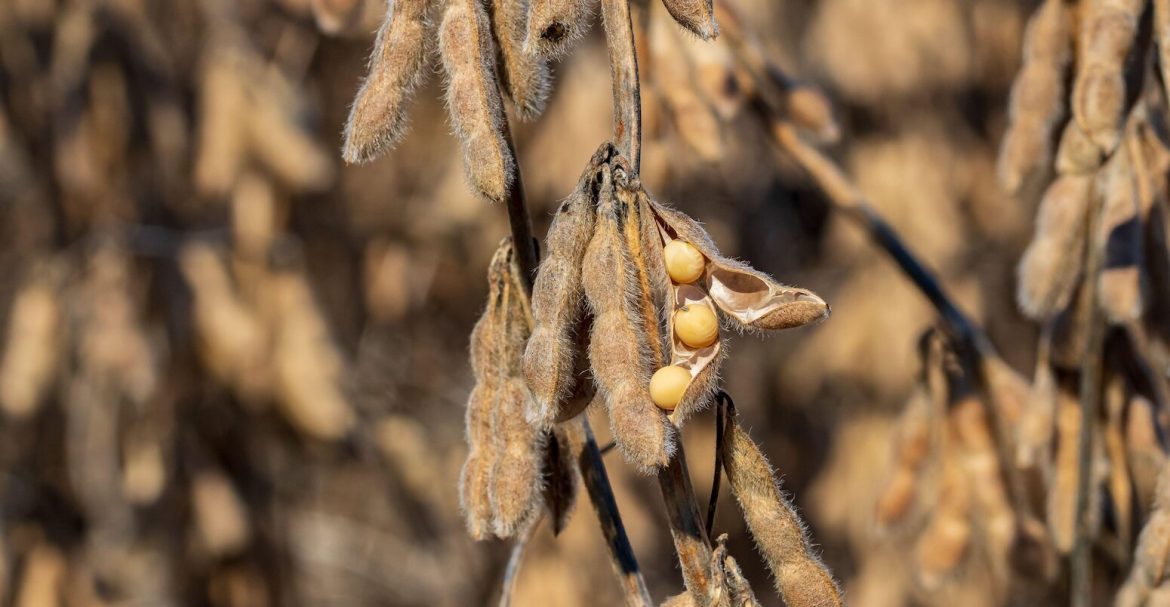A new attribution study has shown that climate change was responsible for just over one-third of the simultaneous soya bean crop failures across Argentina, Brazil and the US in 2012.
The research, which was published in Communications Earth & Environment, analyses the impact of hot and dry extreme weather that hit the three countries in 2012.
It showed that although soya beans are an important crop for global food supplies most often in the form of animal feed – their production is concentrated in just three countries, leaving them susceptible to weather-related disruption.
Using climate and crop models, the researchers determine what the yield of the crop would have been in a world without warming. They find that the impact of climate change – through warmer temperatures and drier soils – accounted for 35% of the yield reduction in 2012.
Furthermore, they warn, the impacts of similar events will only become stronger as the world continues to warm. One researcher, who was not involved in the study, tells Carbon Brief that the novel application of existing methods in the study is “new and noteworthy”.
Read also: Report: Greenpeace’s damages ruling a push to climate movement
Data shows that Soya is one of the “big four” staple crops – along with maize, rice and wheat – that together comprise almost 65% of global calories consumed and 45% of the world’s planted farmlands. In 2021 for instance, the world produced nearly 365m tonnes of soya beans. Less than 4% of this harvest fed humans directly, with the vast majority of it being processed into animal feed, vegetable oil or biofuel.
Just three countries – Argentina, Brazil and the US – grow nearly three-quarters of the world’s supply of soya beans, the study says. The concentration of production in these three countries “makes the global soybean supply vulnerable to regional production shocks” – and especially those due to extreme weather events, the authors write.
Such was the case in 2012, when hot and dry extremes across the Americas caused a 10% drop in global production. This production drop was accompanied by record-high price spikes.
Story was adapted from Carbon Brief.
